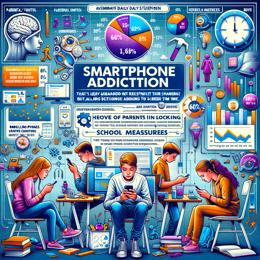Image created by AI
Controversial Foldable Desk Initiative Sparks Debate in South Africa
In a surprising move aimed at tackling education infrastructure shortcomings, South Africa's Department of Basic Education led by Minister Siviwe Gwarube introduced a novel yet contentious initiative: portable foldable desks for students in underprivileged rural areas of the Eastern Cape and Western Cape. The desks, innovatively designed by MiDesks Global and sponsored by corporate giants Old Mutual and McDonald’s, were distributed earlier this week, hoping to ease the lack of adequate learning facilities in these regions.
Despite the good intentions behind the project, much of the public outcry centers on the practicality of these contraptions. Designed to double as wheelie school bags and unfold into a desk and chair with added features like a solar light and USB charging port, the MiDesk seems like a modern marvel. However, critics question the feasibility of expecting young children, particularly those as young as Grade 1, to maneuver such equipment across potentially long commutes to school daily.
The backlash gained momentum on social media platforms where people expressed concerns over this approach's effectiveness. Many see this as a temporary band-aid rather than a solution to the more profound, systemic problems plaguing South Africa's educational infrastructure. Critics have not hesitated to label the initiative as a form of "poverty glorification," accusing the government of shirking its responsibilities to provide permanent and robust infrastructure solutions for education.
In defense of the initiative, Minister Gwarube highlighted the project's innovative aspect during her visit to St. Paul’s Primary School in Bo Kaap, Western Cape, where she personally distributed the desks to delighted Grade 1 students. On her social media account, she praised the initiative as a "brilliant solution" and acknowledged the significant roles of MiDesks Global and McDonald's in bringing the project to life.
However, the critique of such initiatives is not new in the realm of international development and social welfare, where temporary solutions often face scrutiny over their lack of sustainability and failure to tackle root issues. The scenario unfolding in South Africa reflects a larger debate on the balance between innovative quick fixes and comprehensive, long-range planning in public policy, especially in sectors as crucial as education.
While the foldable desk campaign is a testament to collaboration and creativity, it also raises essential questions about equity, practicality, and the role of government in ensuring all children can access quality education without undue burden. As South Africa continues to grapple with these pressing issues, the effectiveness and reception of the foldable desks will likely serve as a valuable case study in the intersection of innovation, policy, and public perception in educational reform.










